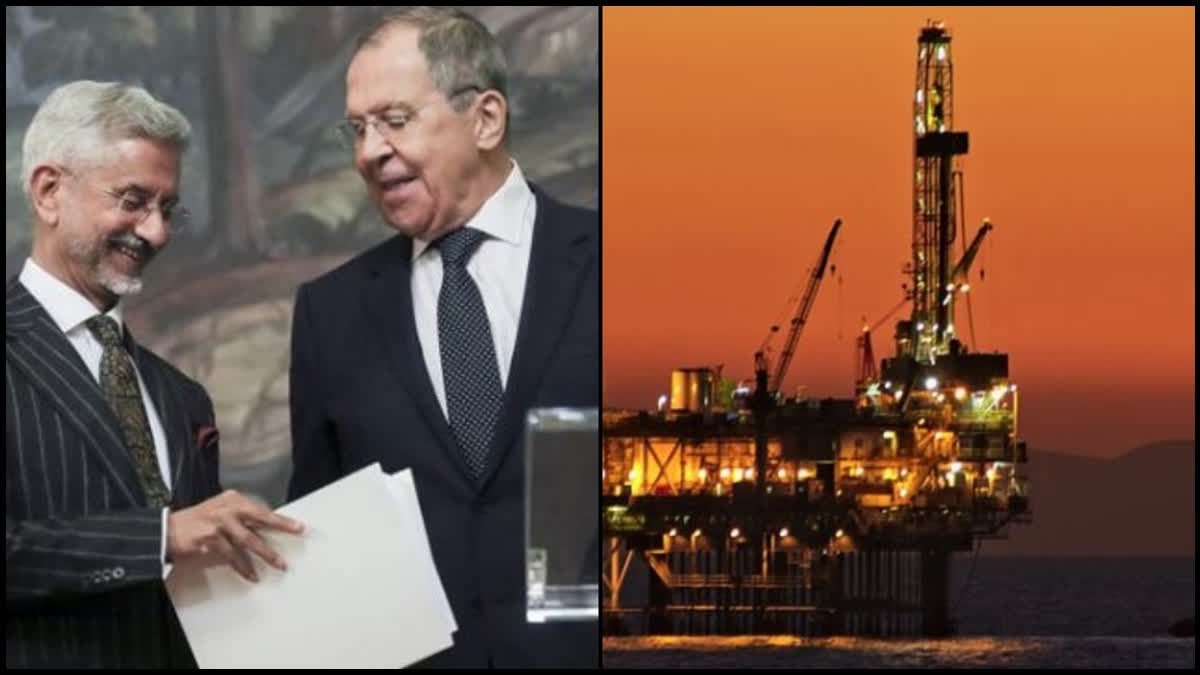New Delhi: The export of Russian oil and coal to Indian markets has been one of the main features of India-Russia bilateral talks involving External Affairs Minister S Jaishankar and Russian Foreign Minister Sergey Lavrov.
Both countries agreed to explore ways to expand the export of Russian oil and coal to Indian markets as EAM Jaishankar and Russian Foreign Minister Sergey Lavrov discussed to bolster ties between the two countries.
Jaishankar has long been voicing support for India's oil imports from Russia while indirectly ducking criticism towards the West for pressuring New Delhi to reduce its trade with Russia amid the war in Ukraine.
In January, the EAM defended India's decision to import Russian oil. He cited the instance of Europe, which he said, imported six times more than India since Feb 2022. India's demand for Russian oil has increased ever since it started trading on discount as the West abandoned it to punish Moscow for its invasion of Ukraine
On Wednesday, Lavrov described energy cooperation as a strategic area of the overall relationship that Russia intends to strengthen. He said, "We agreed on the expansion of the exports of Russian hydrocarbons to the Indian market as well as the cooperation in the peaceful use of energy".
Further, Jaishankar described Russian energy, fertilizers, and cooking coal as big components of the bilateral trade and pointed out that the two sides had talked about long-term arrangements for these commodities. "How do we reach long-term arrangements in that regard was a big part of our discussion. We discussed mutual investments, and the need to progress on a bilateral investment treaty", he said.
Despite pressure from the US and EU following the Russian invasion of Ukraine, India continues to purchase Russian energy and other commodities such as fertilisers. India has been refraining from condemning the Russian invasion of Ukraine but has consistently called for the end of hostilities in Ukraine.
Jaishankar, who is on a five-day visit to Russia to discuss various bilateral and global issues, arrived in Moscow on Monday and interacted with leading representatives of the Russian strategic community and discussed connectivity, multilateralism, big power competition, and regional conflicts.
Following his talks with his Russian counterpart, Jaishankar described "India-Russia relations as very steady and strong.' "They are based on our strategic convergence, on our geopolitical interests, and because they are mutually beneficial," he said.
He reiterated that India has a very substantial relationship, both in terms of Indian investments in Russia and in oil and gas, which both sides are seeking to expand. India and Russia are also looking to expand in nuclear energy. "Yesterday we signed two important amendments, which will take the Kudankulam nuclear power project forward", Jaishankar told reporters in Moscow after the talk.
